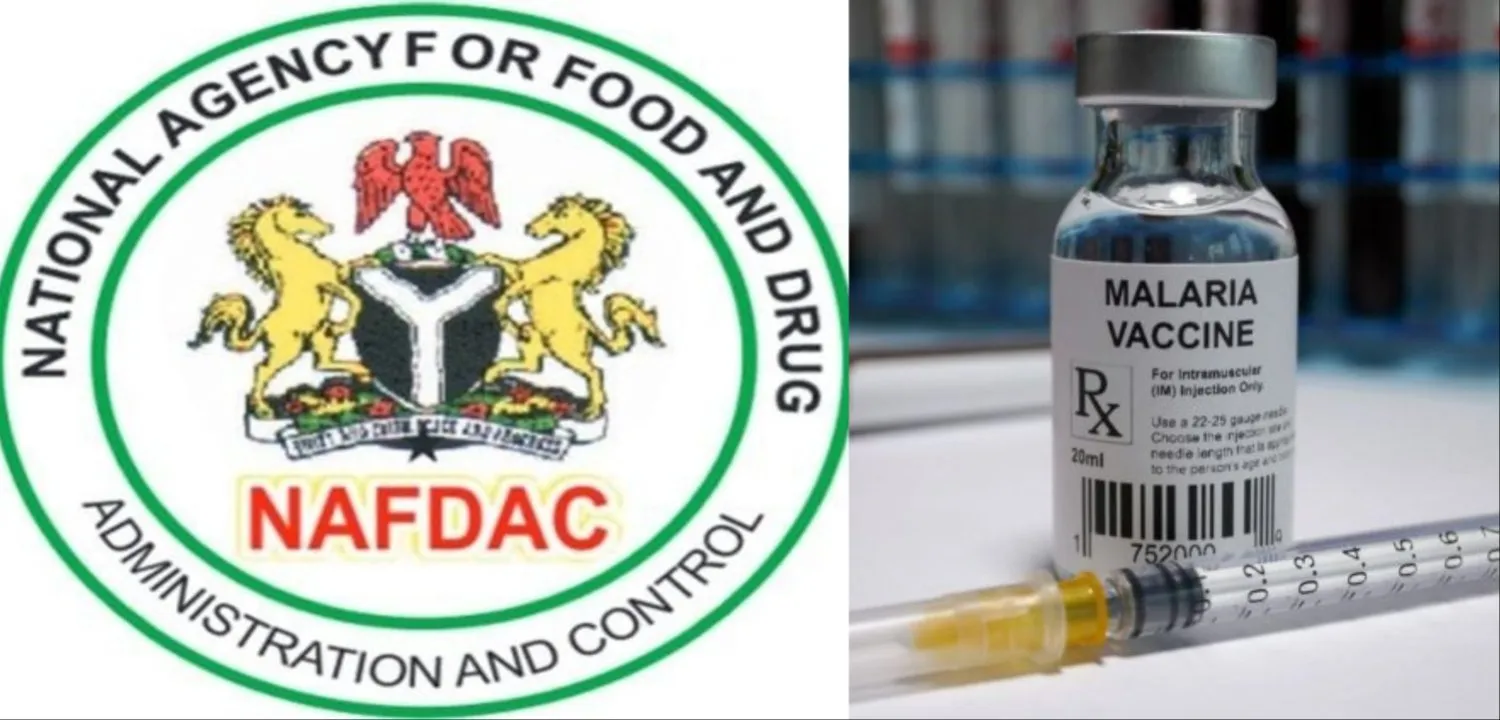Breaking News
NAFDAC: Indian Institute Guarantees ‘First’ Delivery of R21 Malaria Vaccine to Nigeria

The Serum Institute of India has assured the National Agency for Food and Drug Administration and Control (NAFDAC) that Nigeria will receive the R21/Matric-M malaria vaccine “first” in the world.

During the Tuesday observance of World Malaria Day, Prof. Mojisola Adeyeye, Director General of the National Agency for Food and Drug Administration and Control (NAFDAC), announced that the organization had given the R21 malaria vaccine preliminary approval.
Regarding the timeline for the game changer’s arrival in the nation, she noted that “one of the things that the Serum Institute of India contact said is that Nigeria will get a donation first, as quickly as possible.”
She claimed that NAFDAC’s mandate included making sure the product is “safe, of quality, and is efficacious”.
She added that the Joint Vaccine Review Committee of NAFDAC acknowledged the significance of an effective malaria vaccine and revealed that the R21 vaccine provides 75% protection.
The effectiveness of the vaccine was stated by the Minister of Health, Dr. Osagie Enahire, as the justification for NAFDAC’s provisional approval at a different World Malaria Day ceremony.
The minister, who was represented by Mahmuda Mamman, the Permanent Secretary of the Ministry of Health, said, “I believe that the vaccine’s efficacy is the reason that NAFDAC has granted provisional approval.
“Based on that, we anticipate that Nigeria will participate in the vaccine’s phase four clinical trials as well.”
Despite being avoidable, the WHO report from 2021 shows that it affects 619,000 people worldwide, with Africa accounting for 95% of all recorded cases.
About 80% of deaths worldwide occur in children under the age of five.
The paper also states that in 2021, over 50% of malaria deaths worldwide were caused by five African nations: Tanzania, Nigeria, the Democratic Republic of the Congo, and Nigeria.
The Federal Government demanded that measures for the elimination of malaria in Nigeria be scaled up immediately.
“The recent World Malaria Report calls for a reupping of efforts by all to ensure increased access to malaria interventions by all Nigerians,” said Morenike Alex-Okoh, Director, Public Health, Federal Ministry of Health.
According to the 2021 Nigeria Malaria Indicator Survey, which reveals that the prevalence rate decreased from 23% in 2018 to 22% in 2021, government initiatives over the years have mostly focused on illness prevention and control with little success.
The National Centre for Biotechnology Information Report states that Nigeria continues to report an estimated 51 million cases of malaria each year, resulting in 207,000 fatalities.
The newest malaria vaccine, which is currently undergoing clinical trials, may be the welcome development that Nigerians have been hoping for.










